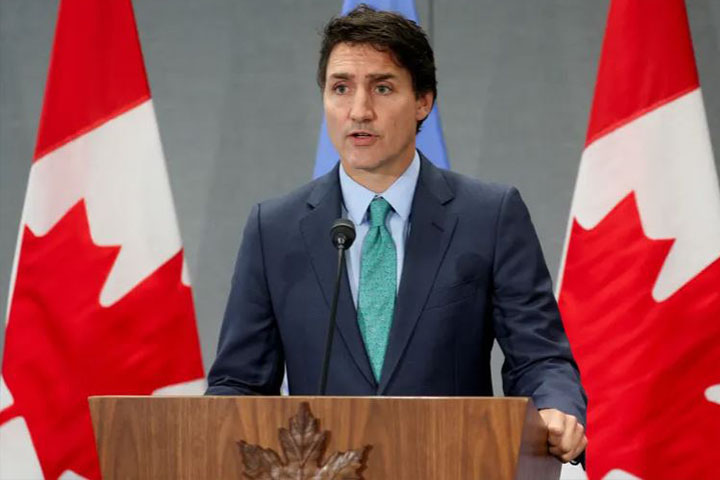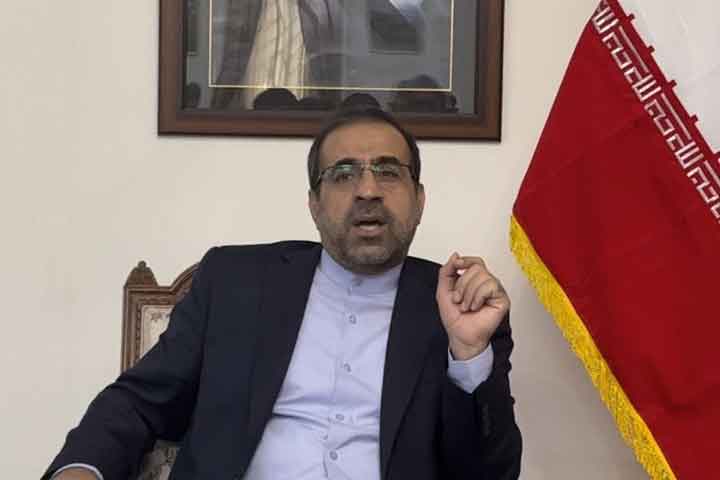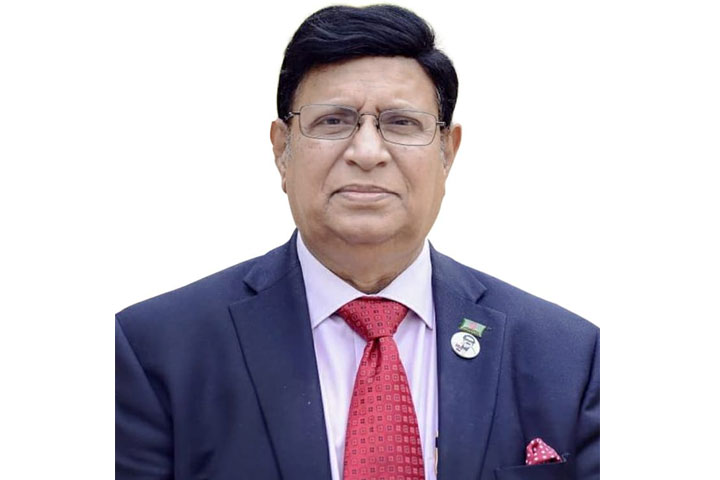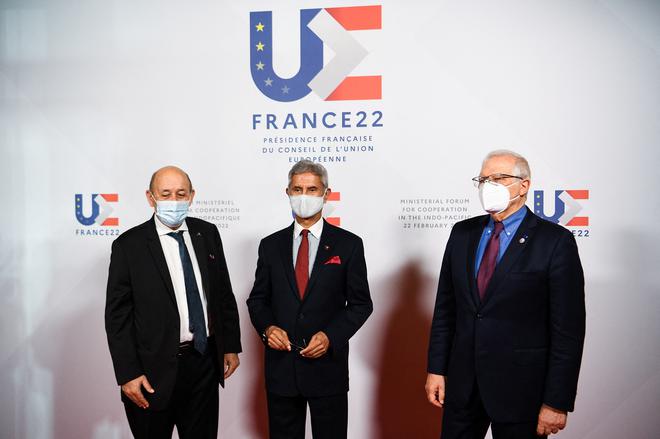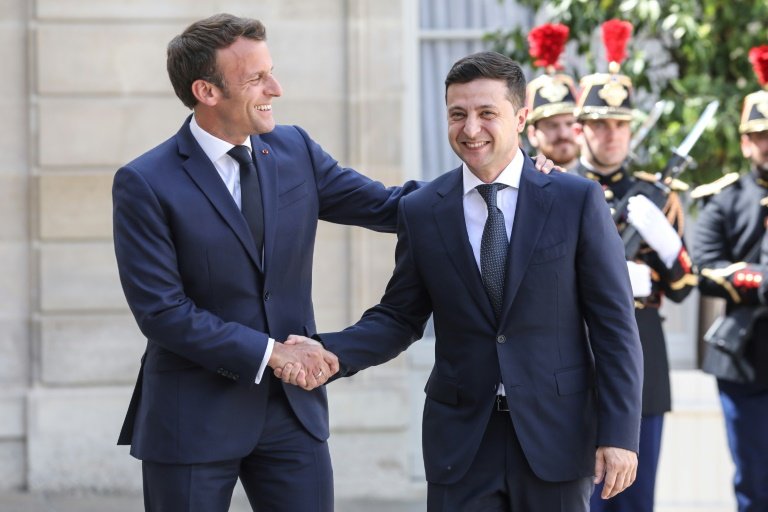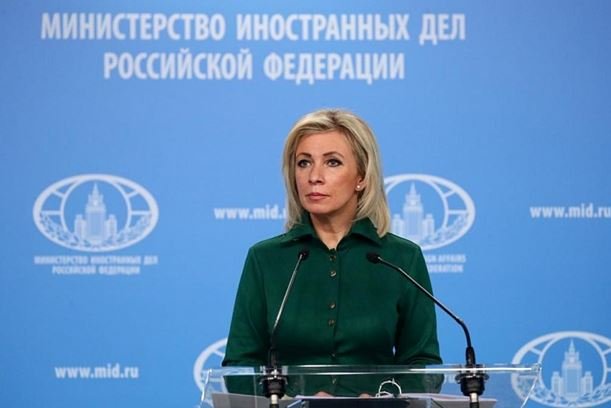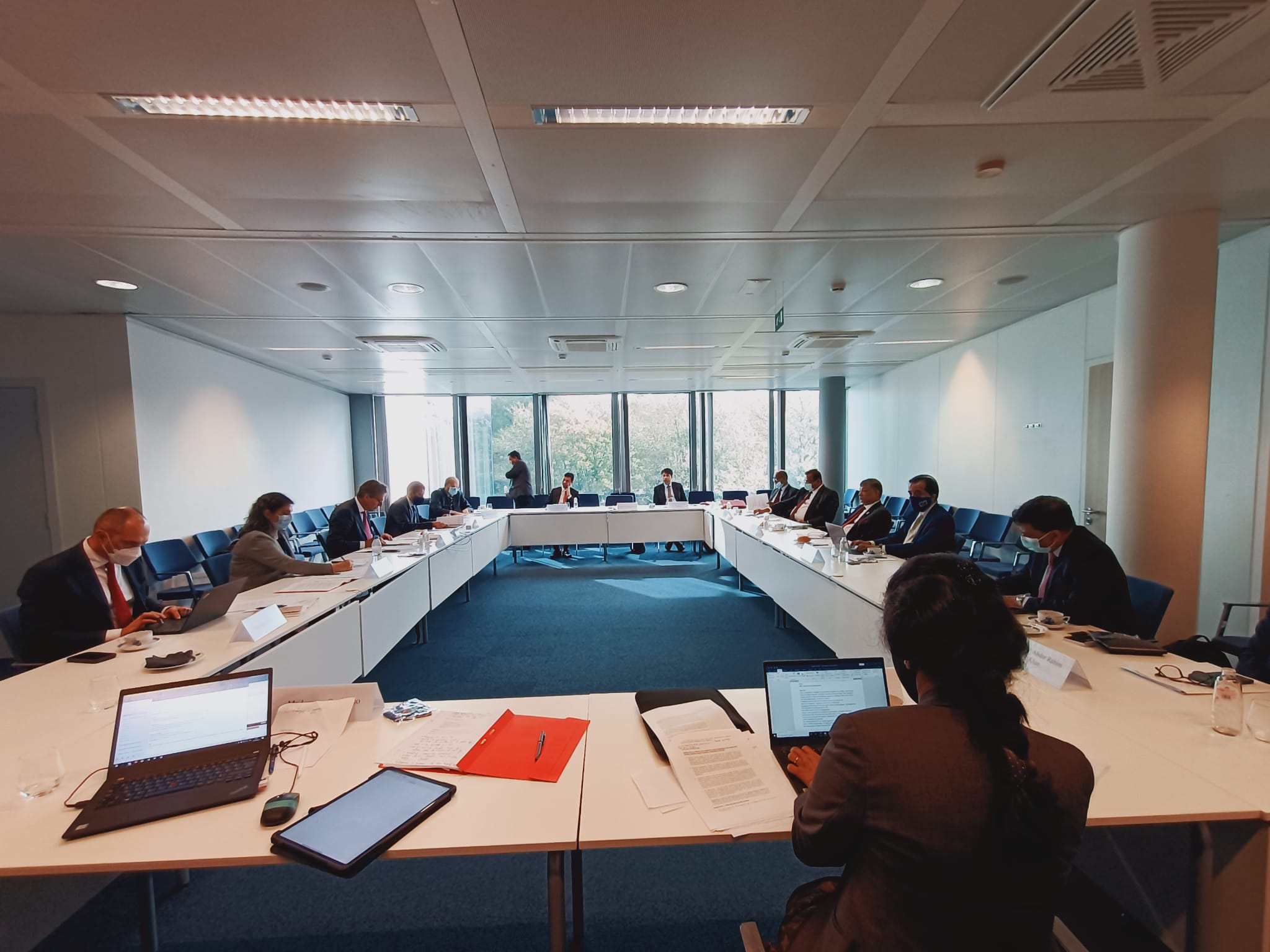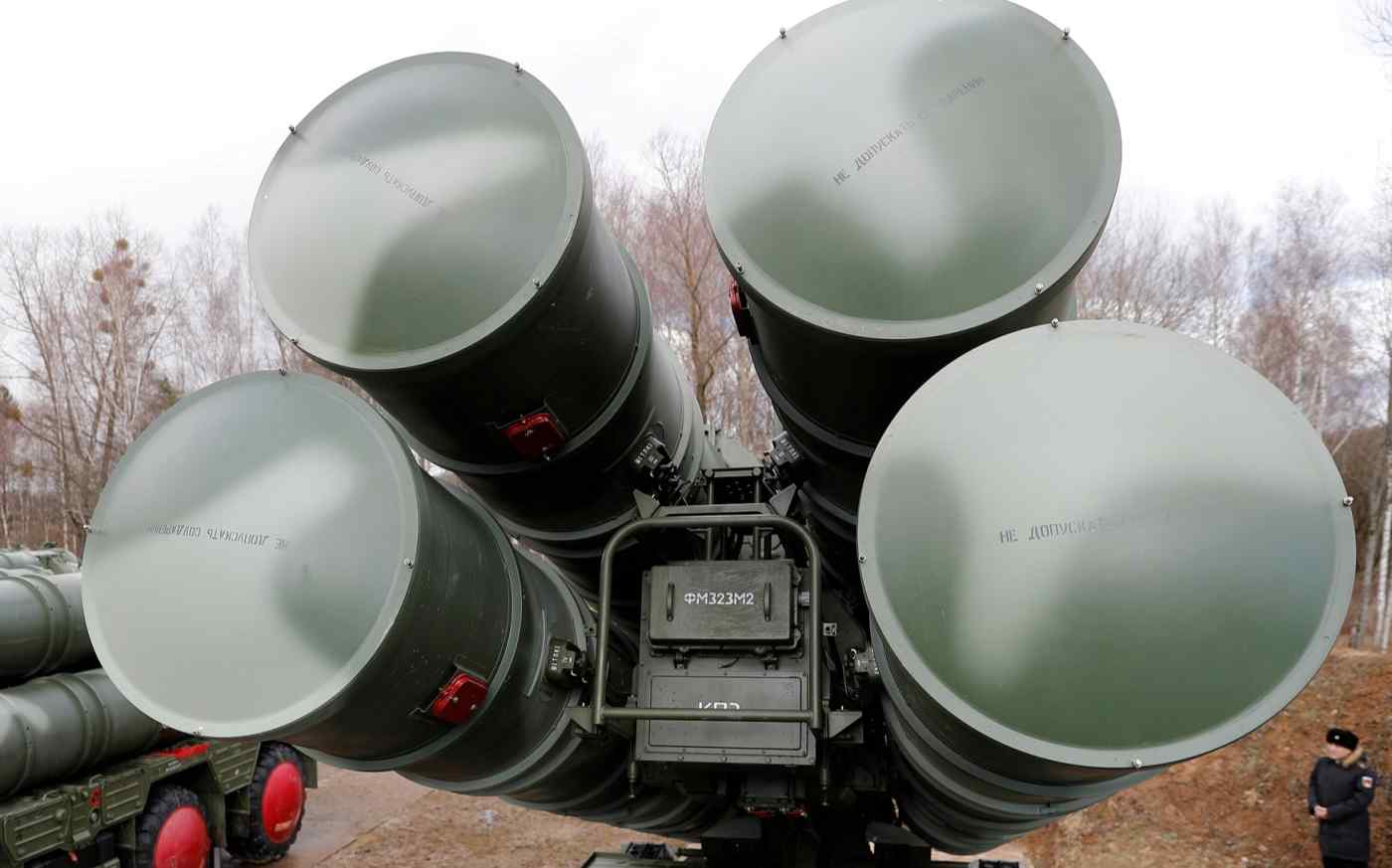China has a history of being pro-Palestinian, but now faces diplomatic conundrum
China was an early proponent of a ceasefire in Gaza and has called for wider talks on resolving the Palestinian question. But analysts say the situation is complicated, and it’s not clear what Beijing expects to achieve, and how it can get there.
Beijing has been a supporter of the Palestinians since the Mao era and long called for a two-state solution, but it is increasingly close to Israel, and is presenting itself as a neutral party that holds steadfast to a noninterference principle.
Beijing is also trying to build on its minimal but growing influence in the Middle East, where it has major economic interests, and also presenting itself as a leader of the global south, and furthering its anti-US agenda.
A week on from the 7 October attack by Hamas on Israel, in which 1,400 people, mostly civilians, were killed, China’s foreign minister, Wang Yi, called for a global peace conference and accused Israel of going “beyond the scope of self defence” in its bombing of Gaza. On 16 October, Xi Jinping called for a ceasefire “as soon as possible, to avoid the conflict from expanding or even spiralling out of control and causing a serious humanitarian crisis”.
China – which this month became chair of the UN security council – was one of 120 nations to vote for a general assembly ceasefire resolution, and sent a Middle East special envoy, Zhai Jun, to the region.
“Rhetorical support for the Palestinians alongside most of the Arab and Muslim world is relatively cost-free to offer (and frankly, a fair slice of the western world too is very concerned about the humanitarian crisis in Gaza and supports a two-state solution),” said Rorry Daniels, the managing director of the Asia Society Policy Institute. “But anything more creates a tricky set of consequences that I would assume China seeks to avoid.”
The conflict comes at a time when Beijing is seeking to grow its influence in the Middle East – a region where it has historically not had significant clout – by building on its involvement in brokering a deal earlier this year to normalise relations between Saudi Arabia and Iran.
Alessio Patalano, professor of war and strategy in east Asia at King’s College London, who attended a recent security forum in Beijing, said there were signs Beijing was leaning on Iran to prevent further escalation of the conflict as a step towards ceasefire.
“They’re trying to use their acquired influence in the region to see if they can target a fragile and fast evolving situation in a way that allows them to claim – if a victory comes around – that they were part of the solution not the problem.”
Raymond Kuo, a political scientist at the Rand Corporation, said Beijing still didn’t have strong enough influence in the deeply complex region to effect a real solution.
“Beijing might want to act as a mediator, but will it actually put skin in the game, including financial assistance, political pressure, and security support or even guarantees, especially given the region’s complexity? I’m doubtful, especially since it hasn’t been involved thus far.”
Analysts also linked China’s response to its ongoing rivalry with the US, which is a major supporter of Israel and voted against ceasefires at the UN, and its wish to be seen as the more responsible global superpower.
“This is an opportunity to support Beijing’s wider ‘wolf warrior’ narrative of blaming bad things happening internationally on the US,” said Kuo.
Daniels said: “China sees a high priority in the international landscape as preserving its reputation as the leader of the developing world. I think China wants to position itself as a champion of any country or people oppressed by the broader coalition of US allies and partners, as well as a fair broker for dispute settlement and resolution.”
The issue has also allowed Beijing to push back on ongoing accusations about its own human rights abuses against Uyghurs and other minorities in Xinjiang. On 30 October, China’s embassy in France tweeted a composite image of intact buildings in Xinjiang and a destroyed neighbourhood in Gaza. Tuvia Gering, a researcher at the Institute for National Security Studies’ Israel-China Policy Center in Tel Aviv, said the pictures were designed to say, “We, the Chinese, care about the Muslims. What [the west] is saying about us is blatant lies.”
Among Chinese people there is deep distress over the thousands of people being killed in Israeli strikes. One woman in Beijing tells the Guardian that she and her compatriots sympathise with Palestine because the situation reminds them of the Japanese occupation of China during the second world war.
The conflict has also seen antisemitic discourse rise in China, on social media, and from official voices.
While antisemitism has long existed in China, and flourished in particular in nationalist corners of the internet, analysts note that Beijing’s refusal to condemn Hamas for the 7 October attacks have emboldened a Chinese influencers to voice antisemitic tropes more vigorously. This content has been allowed to flourish on China’s tightly controlled social media, indicating at least a tacit tolerance for racist content. Hashtags that use antisemitic tropes have had tens of millions of views.
Antisemitism in China rises every time there is a conflict involving Israel, said Gering. “But this is on steroids. This is as fast as I’ve ever seen it.” The tone of online discourse was set by state media and official pronouncements, he said.
Much of the online discussion focuses on the destruction wrought by the conflict. But some of the commentary also uses antisemitic tropes to make points that serve Beijing’s geopolitical interests, such as challenging the US’s dominance on the world stage. In an article published on 14 October, Luo Yuan, a retired major general in the People’s Liberation Army, wrote that Israel was a “pawn” planted in the Middle East to execute American interests in the region.
Some tropes have been combined with other recent nationalistic campaigns. On 11 October, one influencer with 2.5 million followers wrote that Jewish people financed Tepco, the Japanese company responsible for discharging wastewater from the Fukushima nuclear power plant – a highly contentious issue in China. Associating Jews with the issue is “like a modern blood libel of the Jews as the well-poisoners”, said Gering. Many of the comments below are explicitly antisemitic, with references to Hitler and Judas. According to Weibo’s community guidelines, users are prohibited from posting “harmful content”, but antisemitic comments remained online weeks after being posted.
Source: The Guardian
11 Nov 2023,19:48










 Live Tv
Live Tv


